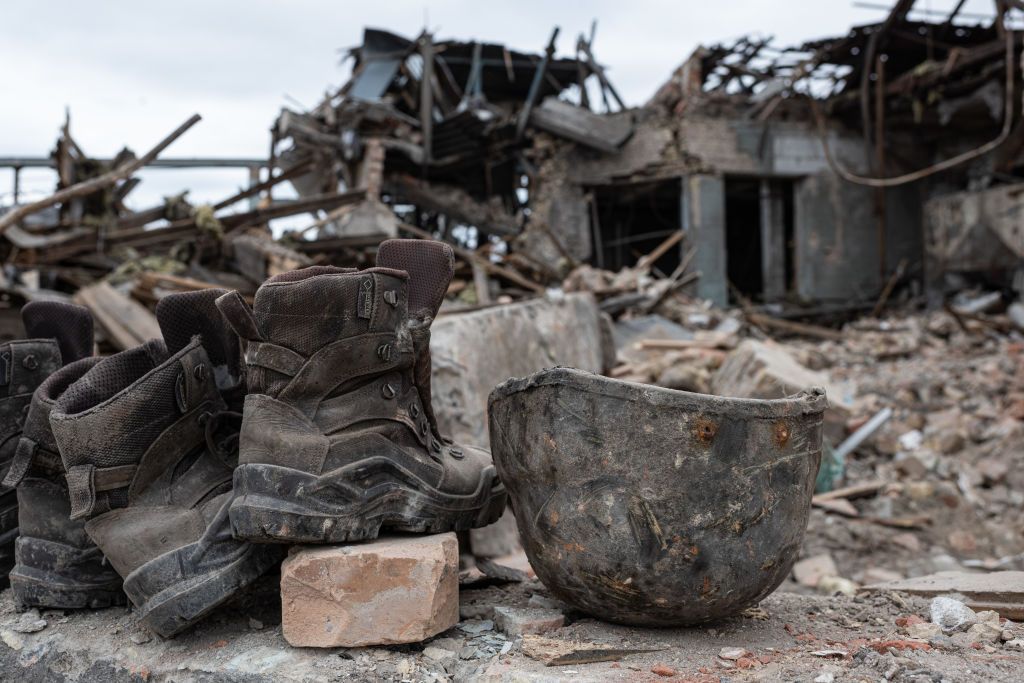Blinken: Ukraine's success on battlefield quickest way to 'just and durable peace'

U.S. Secretary of State Antony Blinken told Fox News on May 2 that Washington knew Ukraine was contemplating a counteroffensive "in the coming weeks," and it was monitoring the course of events.
"Let’s see what happens with that," Blinken said.
"(Ukraine's) success on the battlefield is the best way and probably the quickest way to actually get to a negotiation that produces a just and durable peace."
He added that Russia had failed to achieve its initial goals in Ukraine and it "was not going to succeed."
He also commented on China's Xi Jinping call with President Volodymyr Zelensky on April 26.
Blinken said the U.S. was "open to any country engaging in responsible efforts to try to advance peace," but it would need to begin with the recognition of the territorial integrity, sovereignty, and independence of Ukraine.
"Any peace agreement has to have that as its foundation," he said, adding "anyone who’s engaging in efforts to advance peace" should talk directly to the Ukrainians.
China approved a UN resolution on May 2 that referred to the "unprecedented challenges" facing Europe "following the aggression of the Russian Federation against Ukraine and earlier against Georgia."
The resolution also calls for "reparations" for the victims of Russia's military aggression and "prosecution of all those responsible for violations of international law."
Yet China has so far refused to publicly condemn Russia's aggression against Ukraine and annexation of Ukrainian territories, which is at odds with respect for international law and sovereignty outlined in its 12-point peace plan for Ukraine.
Beijing's 12-point plan calls on all parties to respect the sovereignty of all nations, safeguard nuclear facilities, facilitate grain exports, and protect civilians and prisoners of war.
However, the proposal also urges abandoning "the Cold War mentality" and "stopping unilateral sanctions," rhetoric frequently used by Beijing to criticize the West's response to Russia's war.











